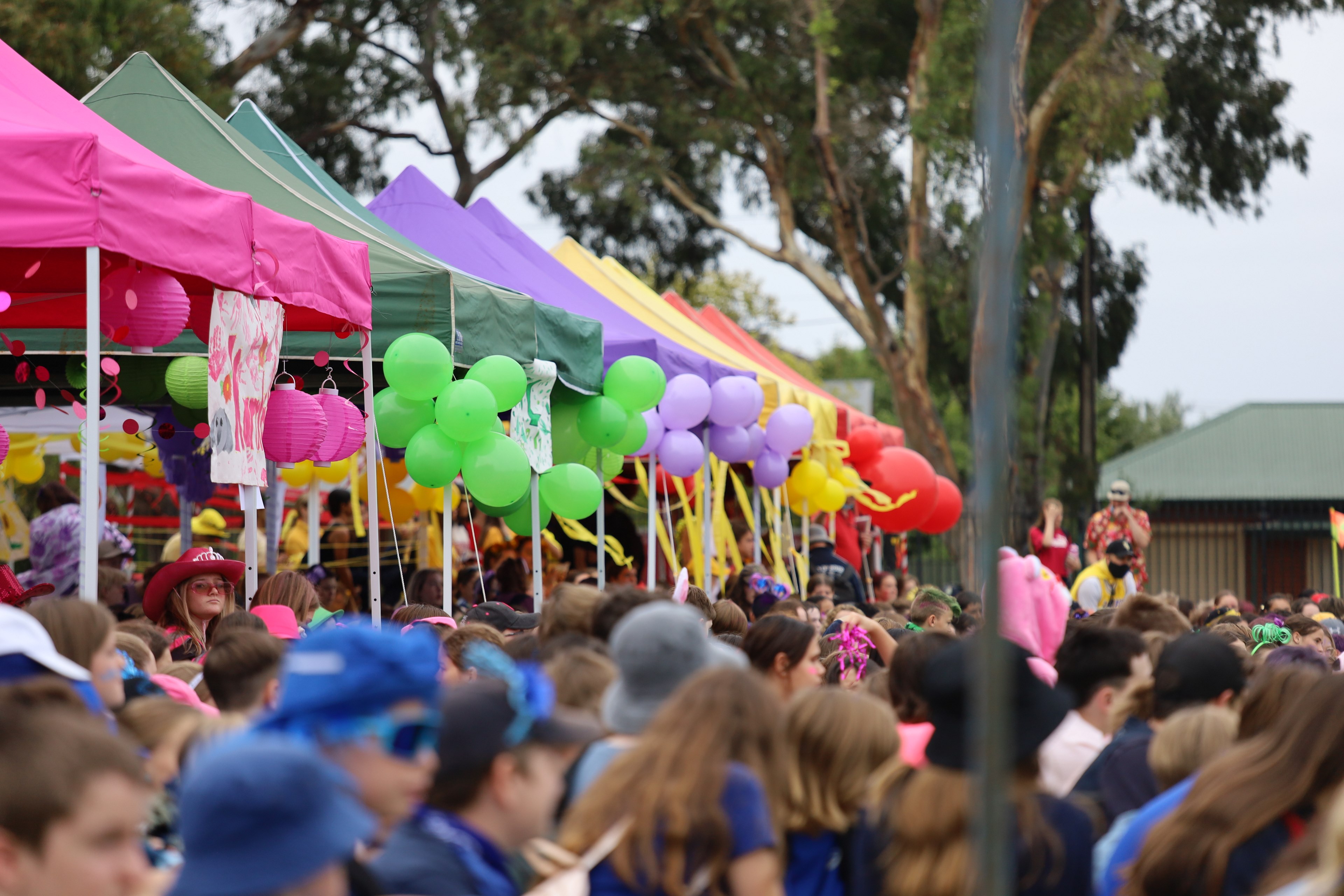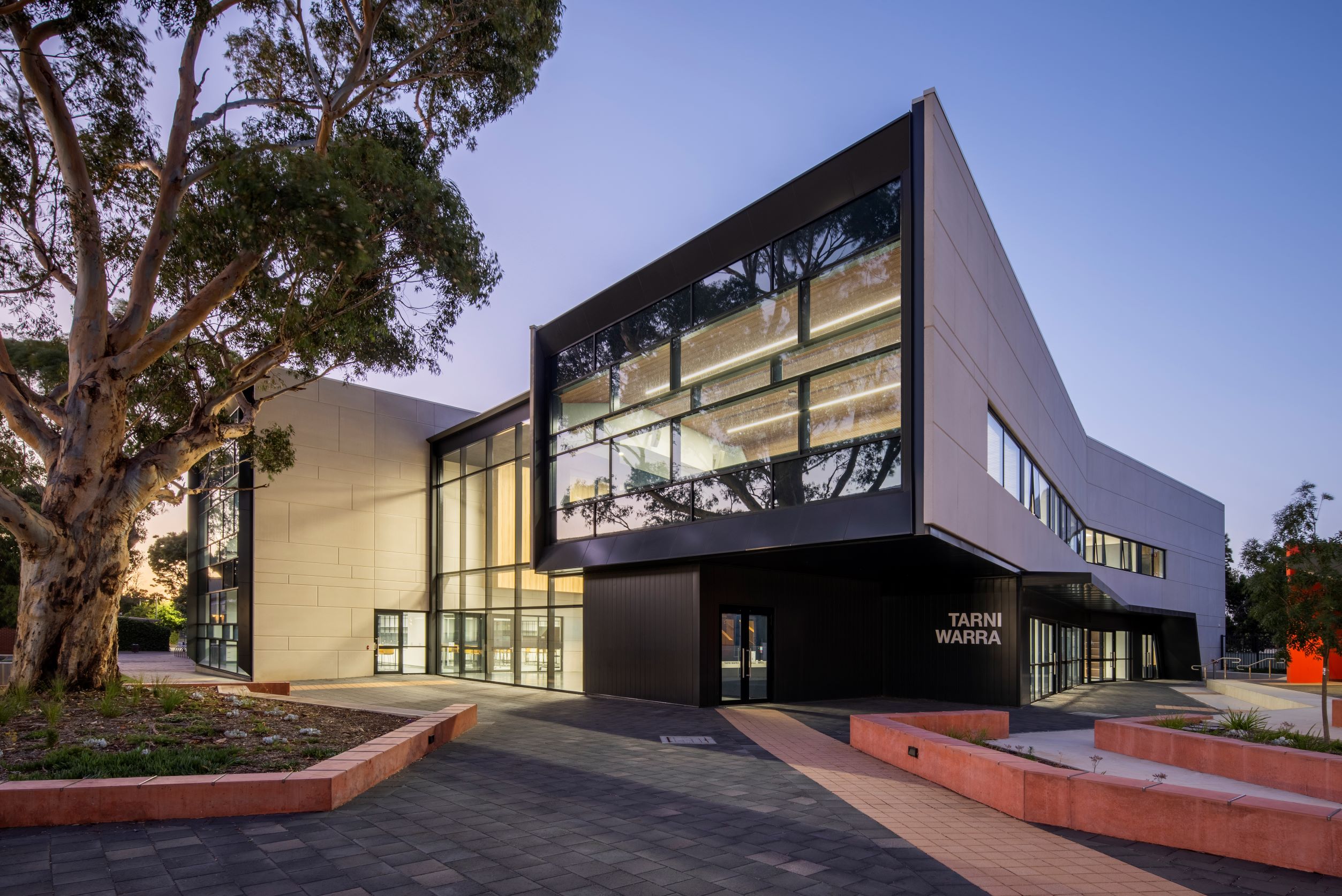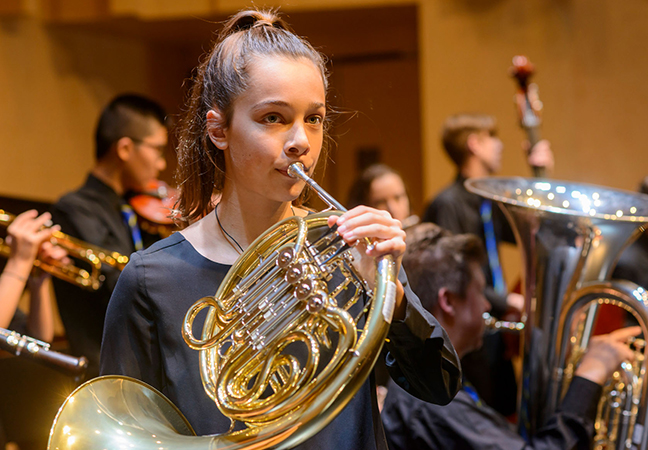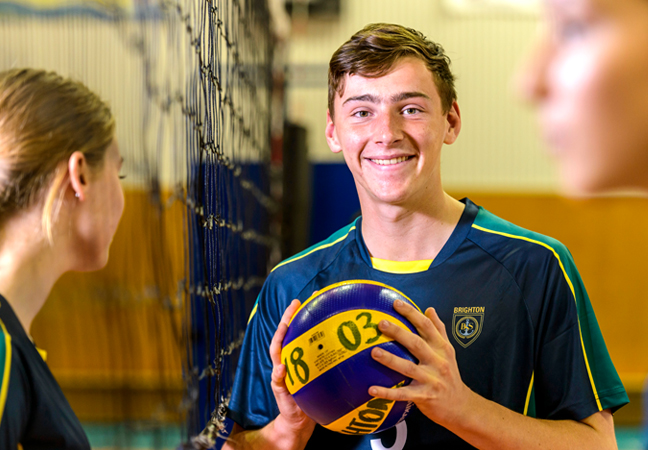Strategies for supporting young people during periods of transition
Welcome to 2023!
As we are starting a new year at school, excitement can also be mixed with challenges. For young people transitioning from being the oldest in their primary school, to suddenly being the youngest in their secondary school, it really is a big deal! Difficulties are not just isolated to the new students we are welcoming to Brighton Secondary School this year though. All young people can experience a period of adjustment at the start of the year. Moving up a year level can also mean additional workload, higher expectations, increased independence and even changes in friendship circles. This type of change can sometimes feel challenging.
Change can be nerve-wracking and stressful, and we want to encourage young people to face these challenges head on! But even the most resilient young person needs help from the trusted adults in their lives. Keep an eye on your child as they settle into the start of the school year. If they seem angry, agitated, or withdrawn, this could be a sign that they need some additional help.
What parents and caregivers can do at the start of the year to help:
- Get the body clock back on track: In the week leading up to Week 1 of the school term, start to set your child’s sleep and wake times so they are the same as what is expected when they go back to school. This way your child will be in a good sleep routine well before the first day of school, so they are rested and ready to learn.
- Help them with organisational skills: Having appropriate stationery, folders for subjects (physical or electronic), and weekly planners can help young people start off organised. Get into a routine of helping them to pack their bags the night before school.
- Create a clear, organised study space for them to use at home. The last place that a person should be doing school work and study is on their bed. Keeping sleep and study spaces separate is extremely important so that the place of rest does not become associated with stress and worry. Ideally, study should occur in a dedicated space in a different room, or at the very least, on a desk space in their room.
- Keep conversations going with your child: Ask them about their day (including about friendships, school work, their classroom and their teachers). Help them to feel heard in a non-judgemental way so they feel safe to discuss with you any concerns they might have. If problems arise, validate their experience and help them to problem solve it.
- Change is scary! And we need to push through the fear: If transitioning to Brighton Secondary School is scary for your child, help them understand that a lot of their peers are probably in the same boat (even if their peers are really good at hiding it!) Validate that change can be scary and nerve-wracking, and encourage them to push through that initial discomfort!
- Get back into good habits: Agree on appropriate boundaries around screen time during the school term, and ensure that screens aren’t being used in bed.
We look forward to seeing everyone at the start of Week 1!
Danni O’Connor
Clinical Psychologist
Useful Links:
Talking about school concerns with your child:
https://raisingchildren.net.au/teens/school-education-work/school-homework-tips/talking-about-school
Tips for transitioning to secondary school:
https://au.reachout.com/articles/tips-for-starting-high-school
Tips for helping young people with organisational skills:
https://www.understood.org/en/articles/tools-and-tips-to-help-your-teen-get-organized








